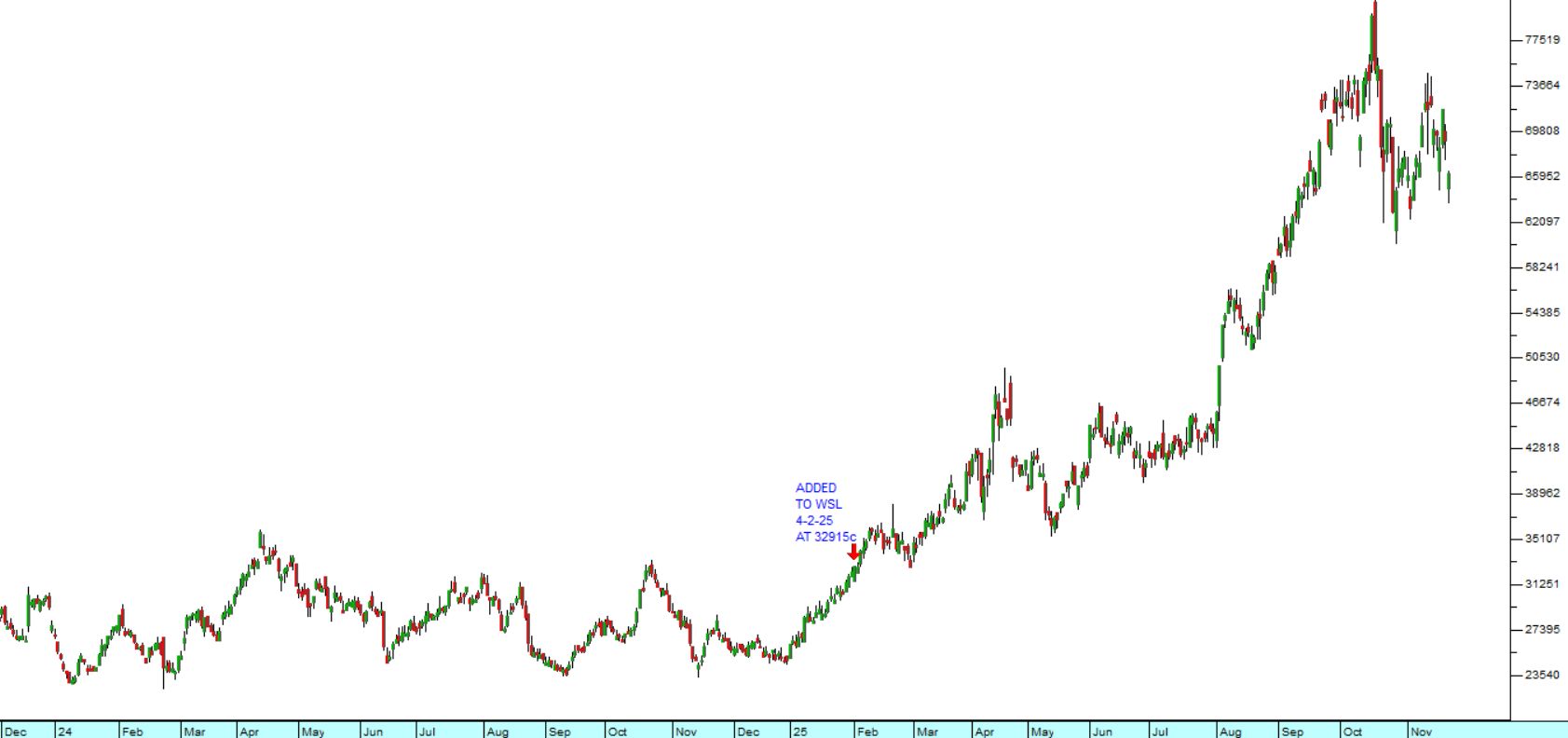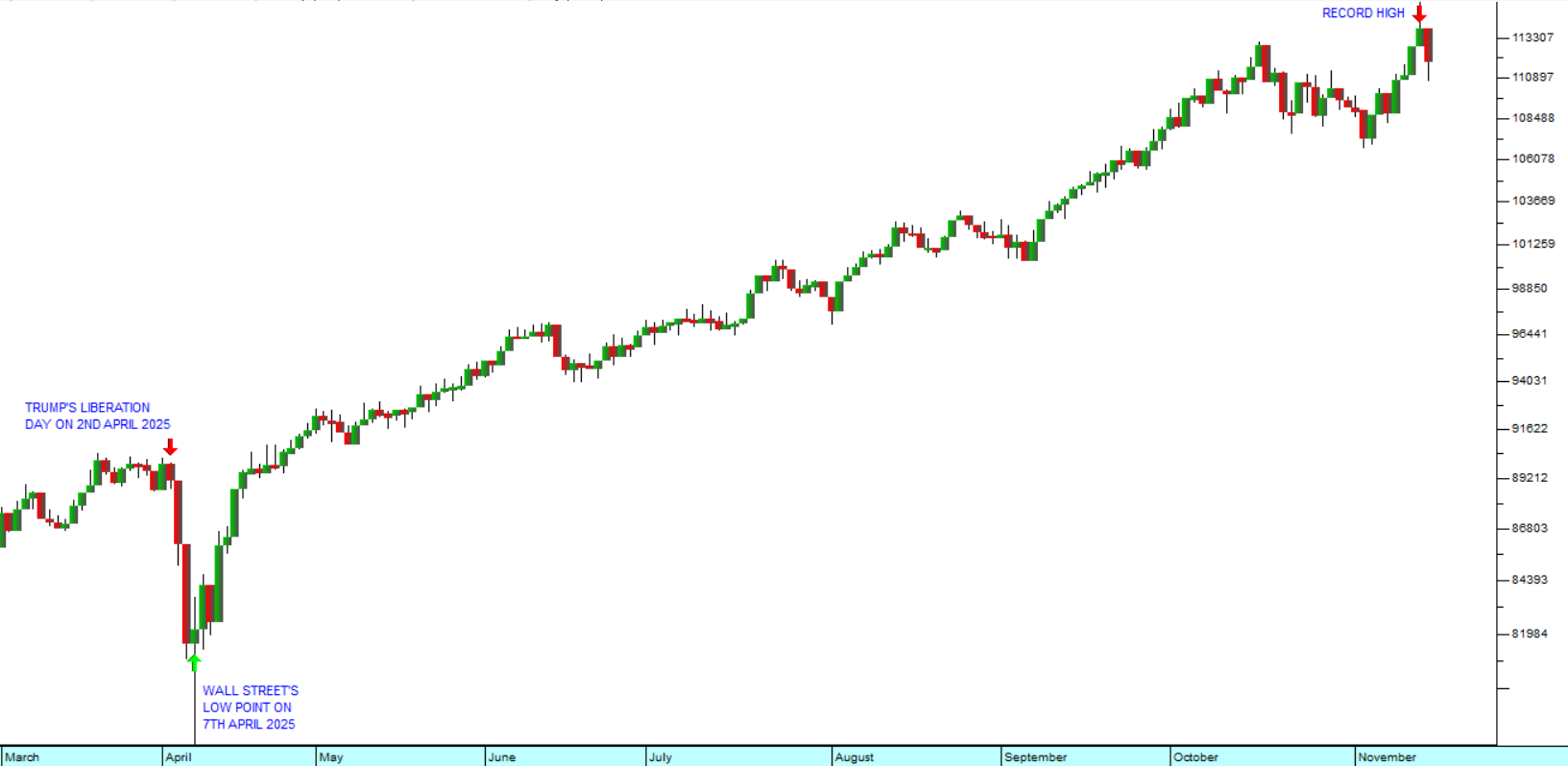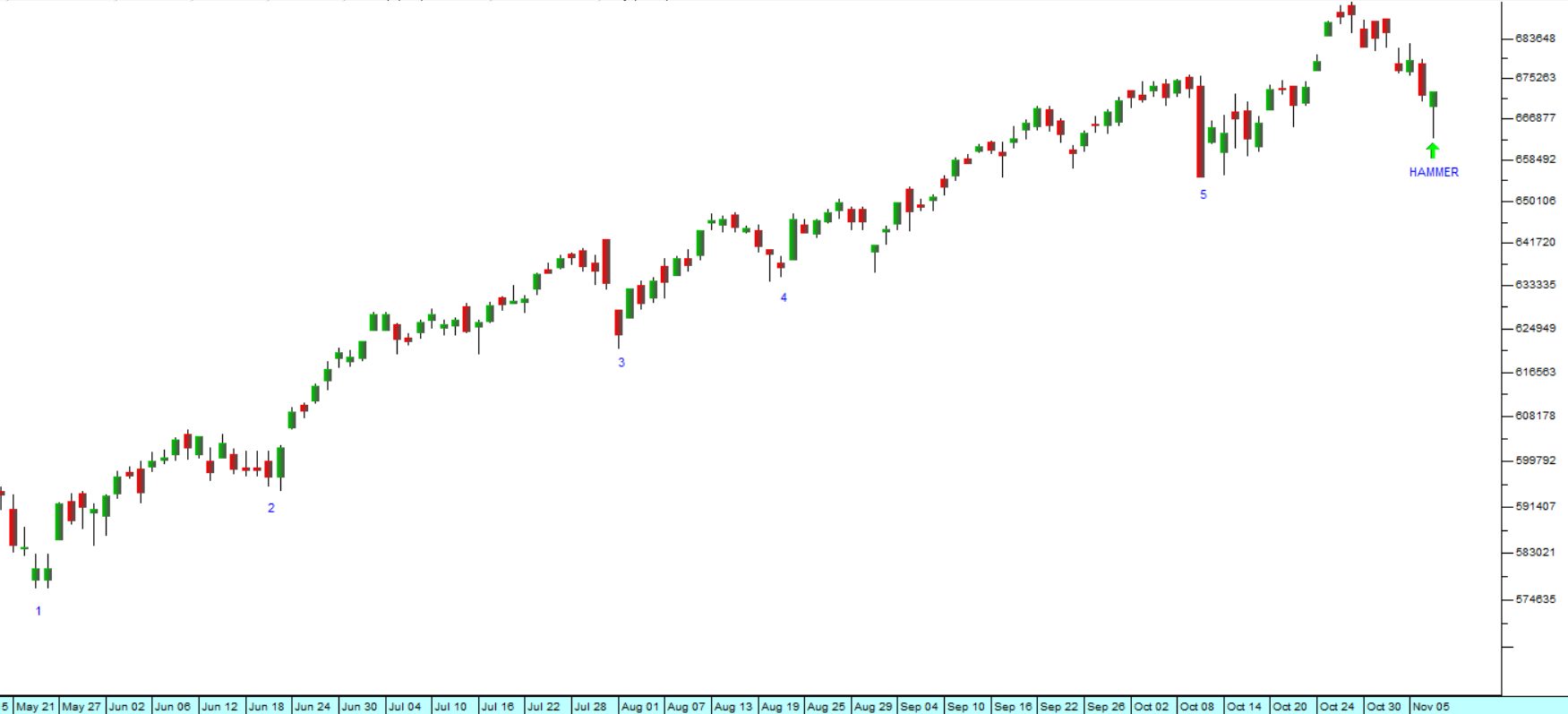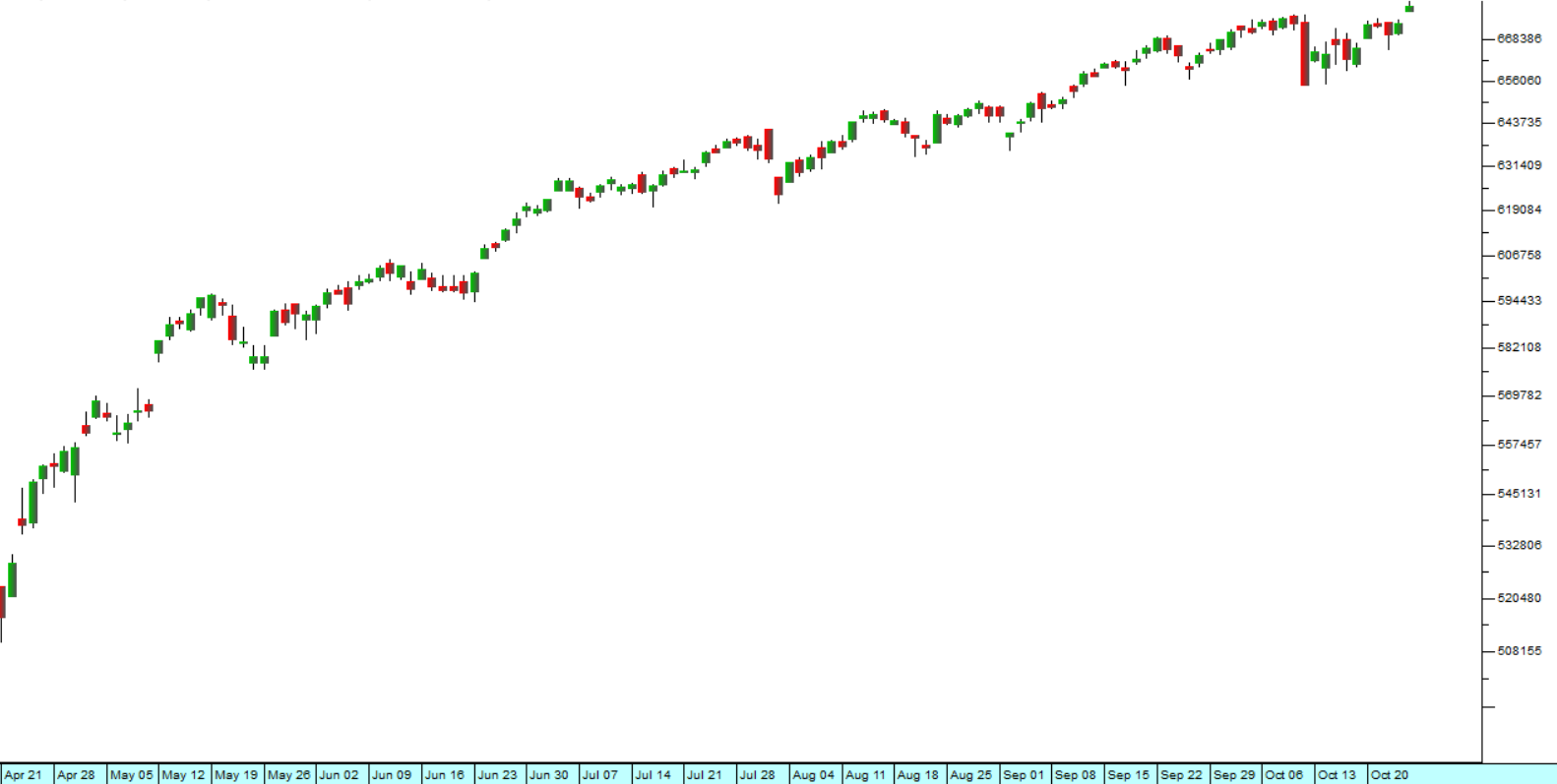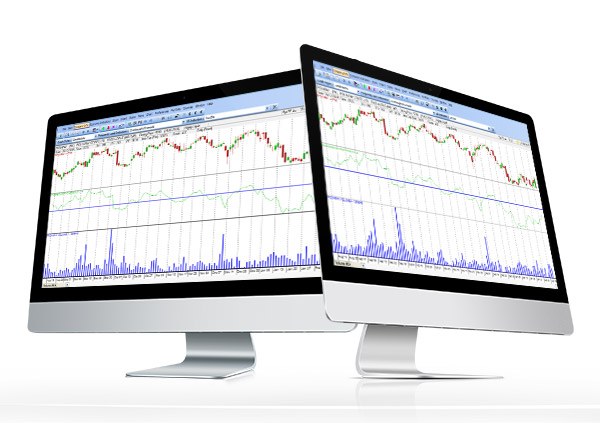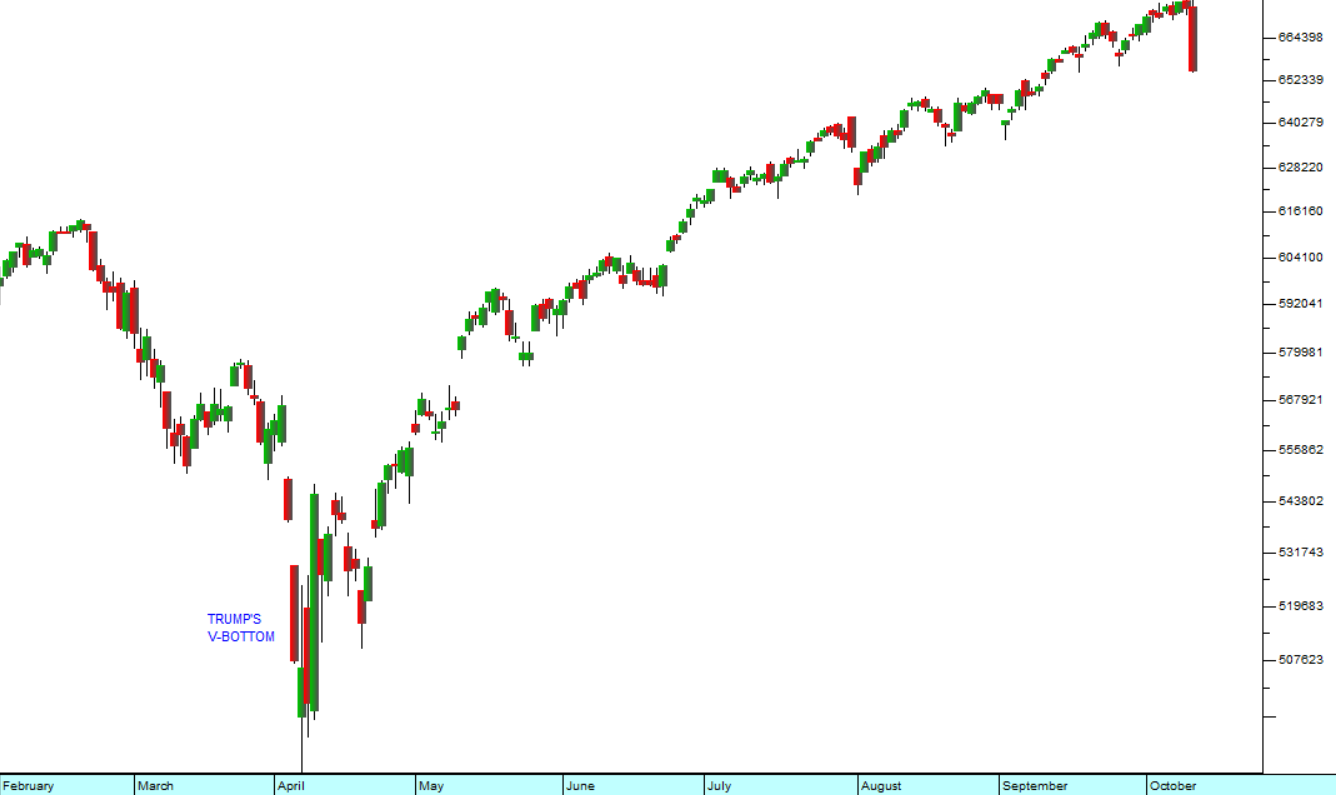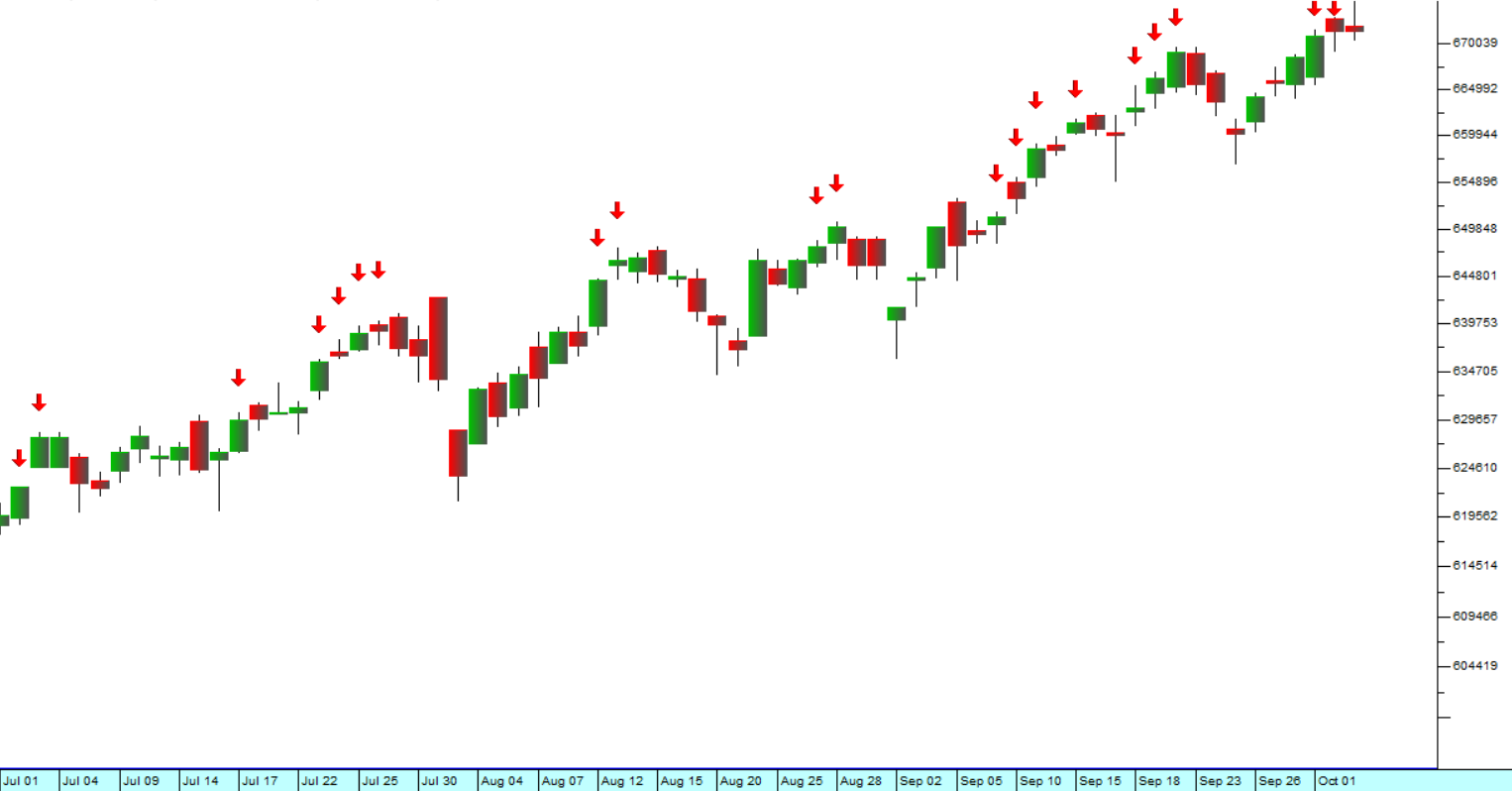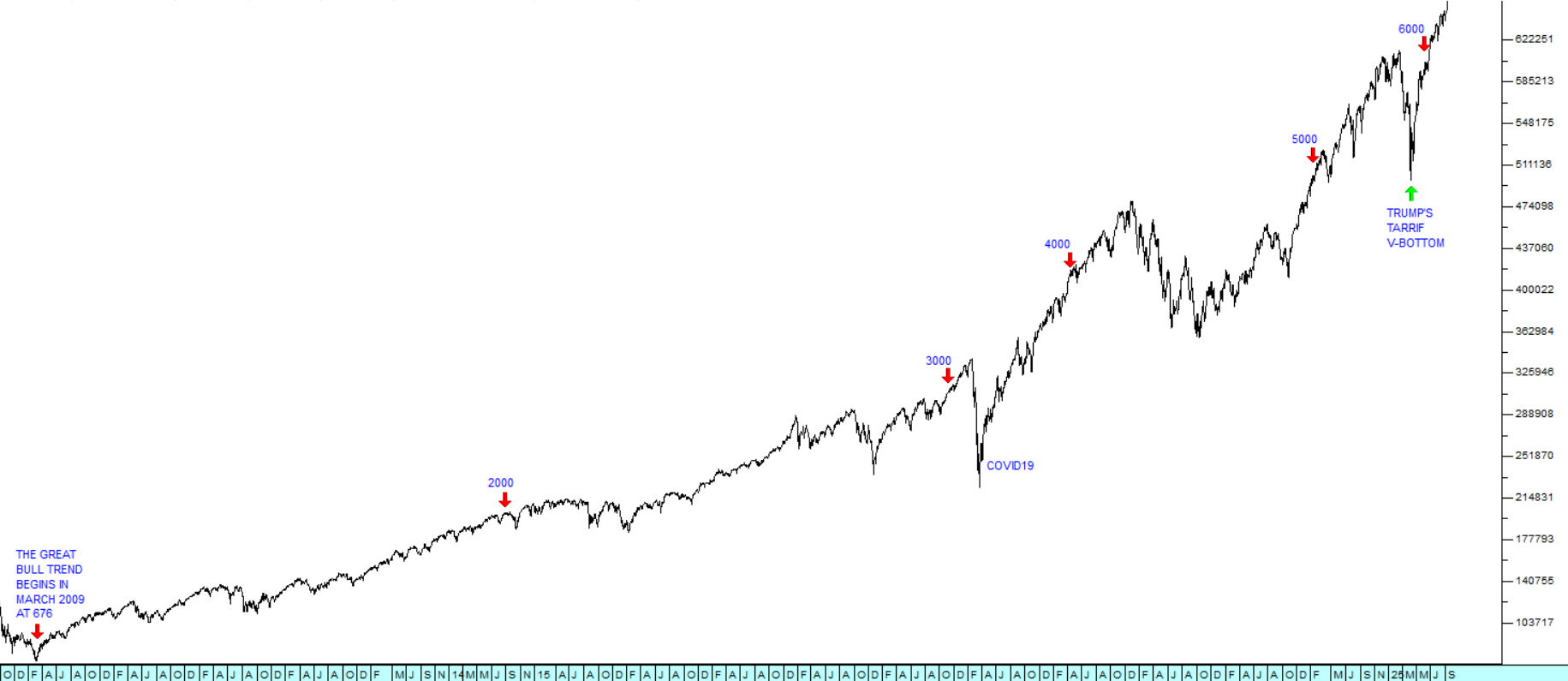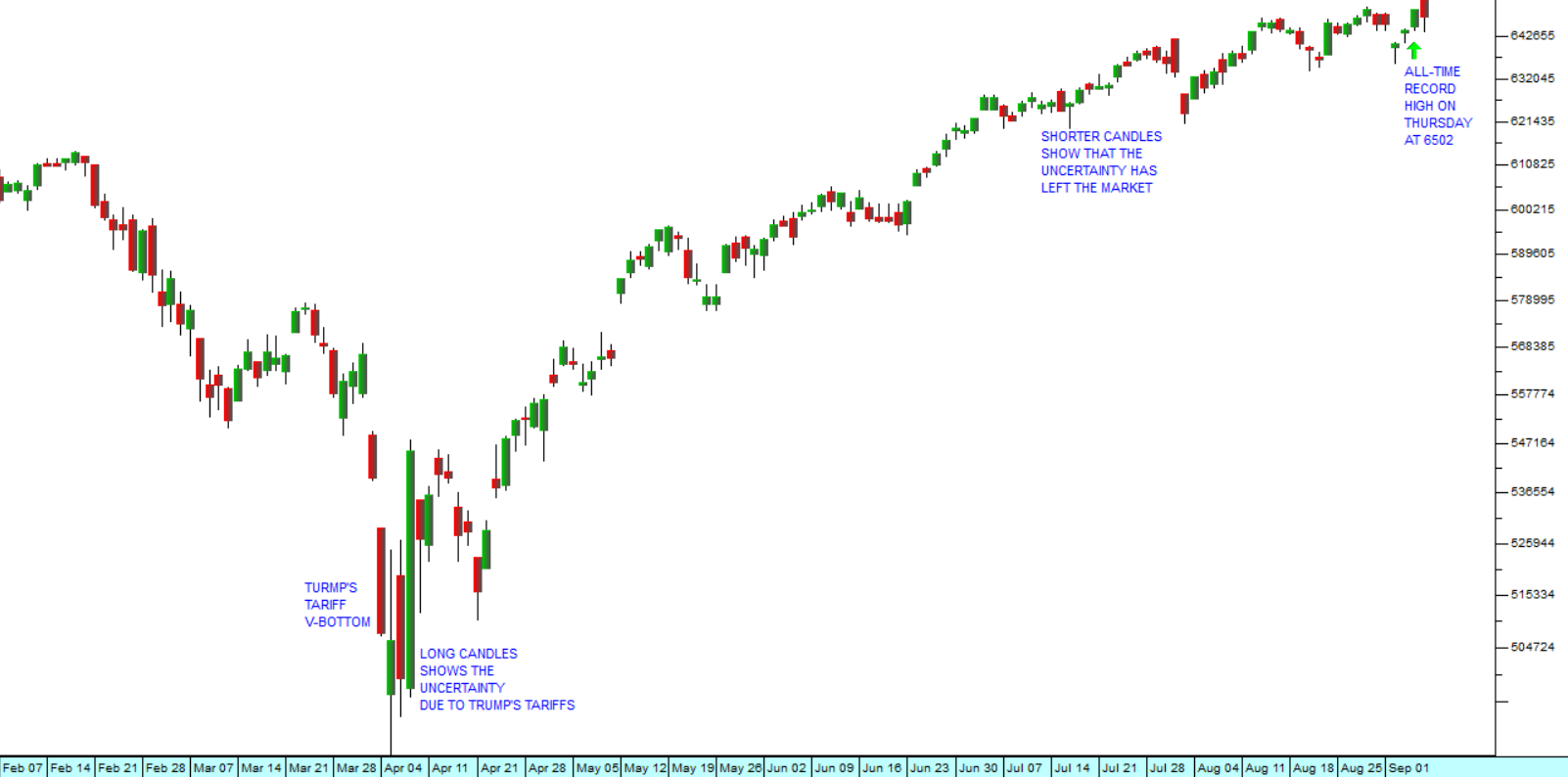Mr Price
17 June 2024 By PDSNETMr Price is a well-known and focused retailer of clothing in South Africa. It is a quintessentially South African company, and its performance is a direct reflection of the state of the economy and the level of consumer spending. It is an extremely well-managed company in a very tough and competitive market. Clothing is sold by many dedicated outlets in South Africa and almost every supermarket also sells clothes. Mr Price has shown itself more than capable of operating profitably in this cut-throat industry, even in these times of low consumer spending and high interest rates.
The main problems of the retail clothing sector are:
- Price competition – because so many outlets in every shopping mall sell clothes, price is big factor for most consumers and they can shop around. In this regard, Mr Price has a hard-earned reputation of offering quality clothes at a competitive price.
- Changing fashions – Clothing fashions change all the time and what sells well this year may not sell well next year. The company needs to stay abreast of international fashion trends.
- Stock control and management – Generally clothing retailers import large quantities, especially from China which they mark up and sell locally. This means that they always have a substantial amount of capital tied up in stock.
- Debtors book – Most retail clothing outlets offer their hard-pressed customers a trade account which enables them to buy clothes over 6 months, often interest free. Their sales on credit represent a large portion of their total sales and their debtors book ties up a big chunk of working capital.
In its recently reported year-end results for the 52 weeks to the 30th of March 2024 the company had turnover up 15,5% and headline earnings per share (HEPS) up 6,7%. Given that interest rates are at very high levels, this is an excellent achievement and indicates how well managed the company is.
Over the year, the company grew both organically and by acquisition. Mr Price acquired the Studio 88 Group, effective from 4th October 2022, which increased its turnover significantly. Without that acquisition turnover would only have risen by 5,8% - which is still a very good number when compared to other clothing retailers. The ability of the company to make effective “bolt-on” acquisitions, like Studio 88 enables it to expand its store base rapidly and increase market share.
One of Mr Price’s features is that almost 90% of its sales are made in cash and about 10% on credit. This means that the company has a minimal debtors book and an excellent 87% cash conversion of its sales. That, in turn, leads to a strong balance sheet with available cash of R2,8bn. It has spent R1,1bn on new store development and back-up power solutions.
The company’s results can be seen at: https://senspdf.jse.co.za/documents/2024/JSE/ISSE/MRPE/13062024.pdf
Consider the chart:
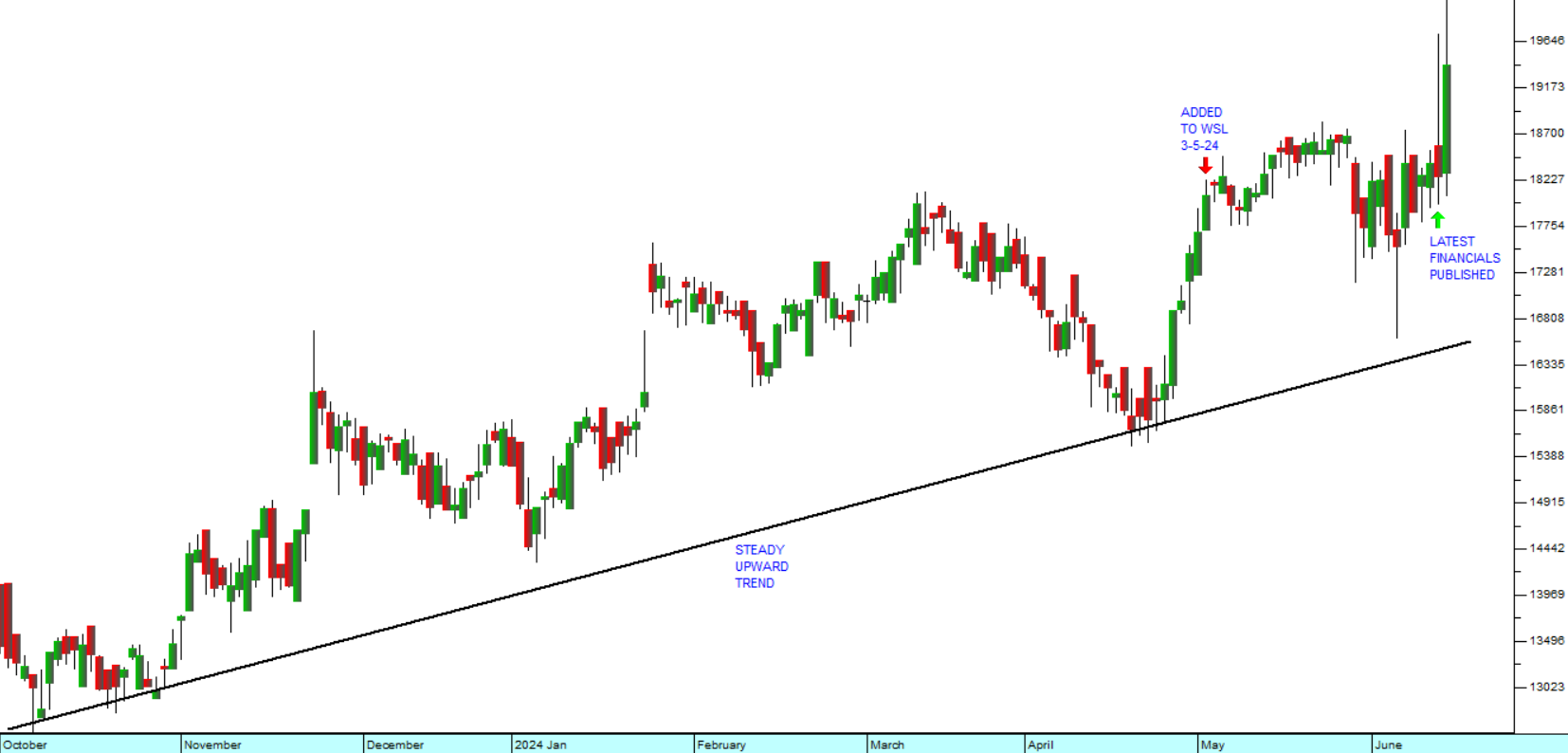
Here you can see that Mr. Price shares have been in a steady upward trend since October last year. We added the share to the Winning Shares List (WSL) on 3rd May 2024. Following the publication of its financials on 13th June 2024, the share has jumped to 19433c.
In our view this company will continue to perform well as the economy recovers – especially after the recent election results and the new Government of National Unity (GNU) which has been agreed to.
We are expecting the economy to strengthen substantially now and Mr Price shares should benefit directly.
DISCLAIMER
All information and data contained within the PDSnet Articles is for informational purposes only. PDSnet makes no representations as to the accuracy, completeness, suitability, or validity, of any information, and shall not be liable for any errors, omissions, or any losses, injuries, or damages arising from its display or use. Information in the PDSnet Articles are based on the author’s opinion and experience and should not be considered professional financial investment advice. The ideas and strategies should never be used without first assessing your own personal and financial situation, or without consulting a financial professional. Thoughts and opinions will also change from time to time as more information is accumulated. PDSnet reserves the right to delete any comment or opinion for any reason.
Share this article:
